Pandora's box is open; All the "rot" of the army revealed; They turn us into savages
Pavel Filatyev, a Russian soldier who fought in Ukraine, published a memoir about war on social networks, and shocked the public with the details presented.
Thursday, 18.08.2022.
10:13
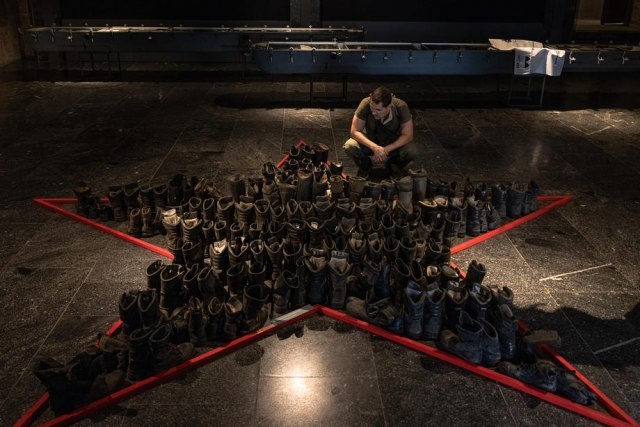
Pandora's box is open; All the "rot" of the army revealed; They turn us into savages
Pavel Filatyev knew the consequences of what he was saying. The ex-paratrooper understood he was risking prison, that he would be called a traitor in public.“I am not afraid to fight in war. But I need to feel justice, to understand that what I’m doing is right. And I believe that this is all failing not only because the government has stolen everything, but because we, Russians, don’t feel that what we are doing is right”, he said in the latest interview.
Jutarnji list reports that two weeks ago, Filatyev went on to his VKontakte social media page and published a 141-page bombshell: a day-by-day description of how his paratrooper unit was sent to mainland Ukraine from Crimea, entered Kherson and captured the seaport, and dug in under heavy artillery fire for more than a month near Mykolaiv.
By then, as he said, "he was convinced he had to expose the rot at the core of the Russian invasion of Ukraine".
He spent 45 days writing his memoirs from the conflict, breaking an omerta under which even the word war has been banished in public. His memoir, ZOV, is named for the tactical markings painted on Russian army vehicles that have been adopted as a pro-war symbol in Russia. Until now, there has been no more detailed, voluntary account from a Russian soldier participating in the invasion of Ukraine. Extracts were published in Russia’s independent press, while Filatyev appeared via video for a televised interview on TV Rain.
People helped Filatyev leave Russia earlier this week. That also made Filatyev the first soldier known to have fled Russia due to opposition to the war. “And it’s opening a Pandora’s box”, The Guardian says.
Filatyev, who served in the 56th Guards air assault regiment based in Crimea, described how his exhausted and poorly equipped unit stormed into mainland Ukraine behind a hail of rocket fire in late February, with little in terms of concrete logistics or objectives, and no idea why the war was taking place at all.
“It took me weeks to understand there was no war on Russian territory at all, and that we had just attacked Ukraine,” he said.
At one point, Filatyev describes how the ravenous paratroopers, the elite of the Russian army, captured the Kherson seaport and immediately began grabbing “computers and whatever valuable goods we could find”.
“Like savages, we ate everything there: oats, porridge, jam, honey, coffee … We didn’t give a damn about anything, we’d already been pushed to the limit. Most had spent a month in the fields with no hint of comfort, a shower or normal food", Filatyev describes.
“What a wild state you can drive people to by not giving any thought to the fact that they need to sleep, eat and wash,” he wrote. “Everything around gave us a vile feeling; like wretches we were just trying to survive.”
“I know it will sound savage to a foreign reader,” he said, describing a fellow soldier stealing a computer. “But [the soldier] knows that this is worth more than one of his salaries. And who knows if he’ll be alive tomorrow anyway. So he takes it. I’m not trying to justify what he’s done. But I think it’s important to say why people act like this, to understand how to stop them … What a person will do in these kinds of extreme situations.”
He wrote against what he called the “degradation” of the army, including the use of dated kit and vehicles that left Russian soldiers exposed to Ukrainian counterattacks. The rifle he was given before the war was rusted and had a broken strap, he said.
He wrote about reports of soldiers deliberately shooting themselves in order to escape the front and collect EUR 48.000 in compensation, the sum the state pays out to wounded Russian soldiers.
“Most people in the army are unhappy about what’s going on there, they’re unhappy about the government and their commanders, they’re unhappy with Putin and his politics, they’re unhappy with the minister of defence, who has never served in the army,” he wrote.
In ZOV, he claimed that “there are heaps of dead, whose relatives have not been paid compensation”, corroborating media reports of wounded soldiers waiting months for payouts.
The Guardian has not been able to independently verify all the details of Filatyev’s story, but he has supplied documents and photographs showing he was a paratrooper with the 56th airborne regiment stationed in Crimea.
He remains one of just a handful of Russian soldiers to have spoken out publicly about the war, albeit after months of agonising about how to do so without violating his service. “People ask me why I didn’t throw down my weapon,” he said. “Well I’m against this war, but I’m not a general, I’m not the defence minister, I’m not Putin – I don’t know how to stop this. I wouldn’t have changed anything to become a coward, and throw down my weapon and abandon my comrades.”
“I am just terrified of what happens next,” he said, imagining Russia fighting for total victory despite the terrible cost. “What will we pay for that? Who will be left in our country? ... For myself I said that this is a personal tragedy. Because what have we become? And how can it get any worse?”, Filatyev concluded.


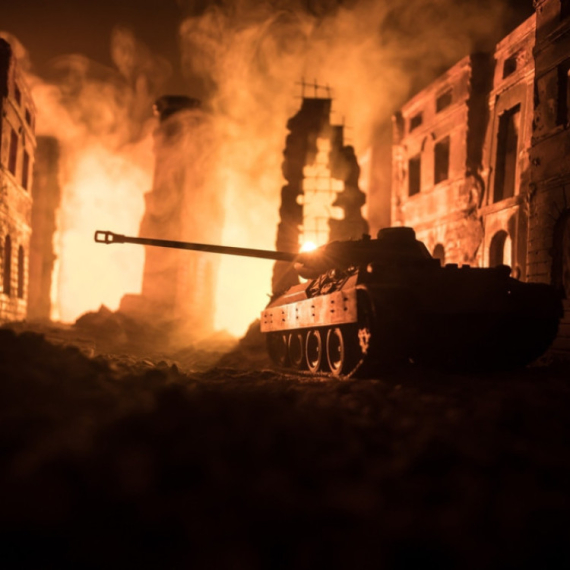
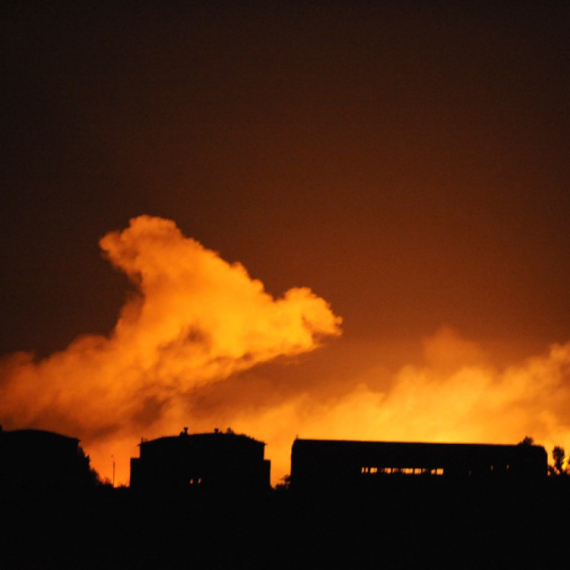


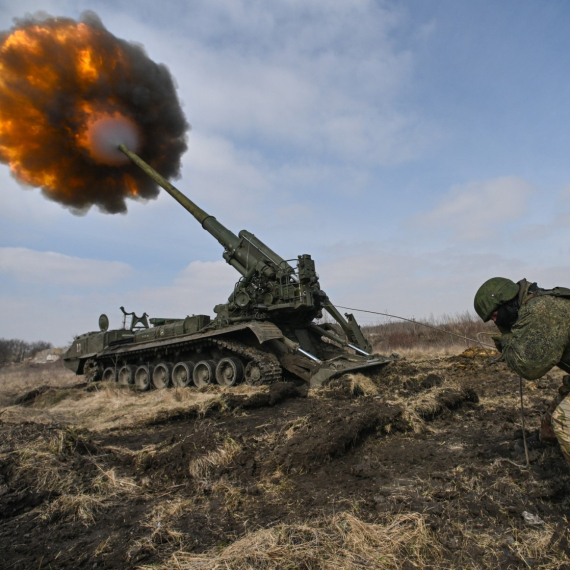



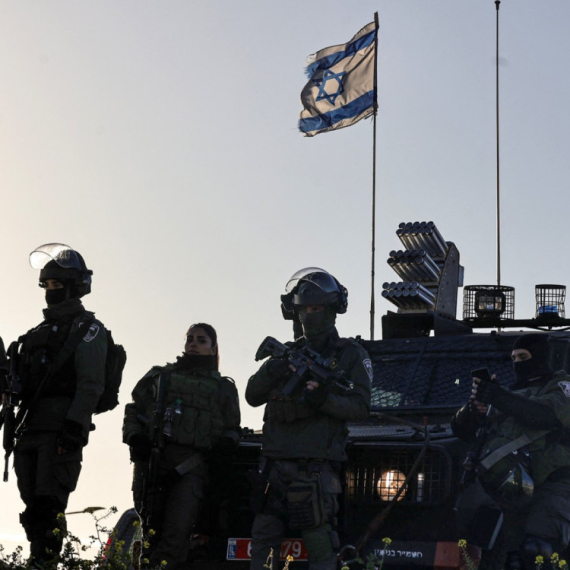
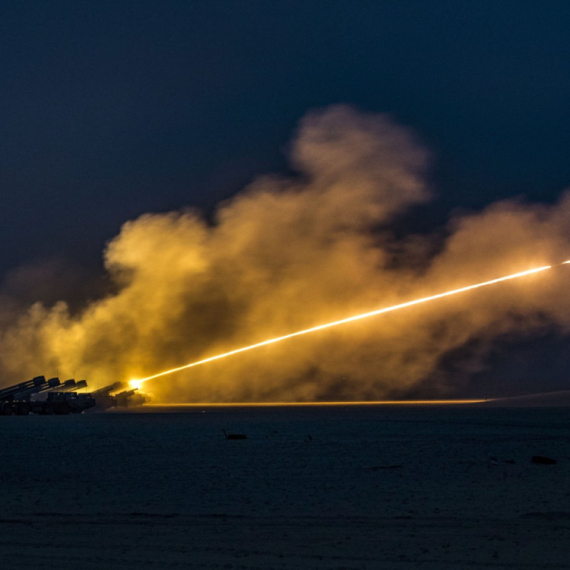

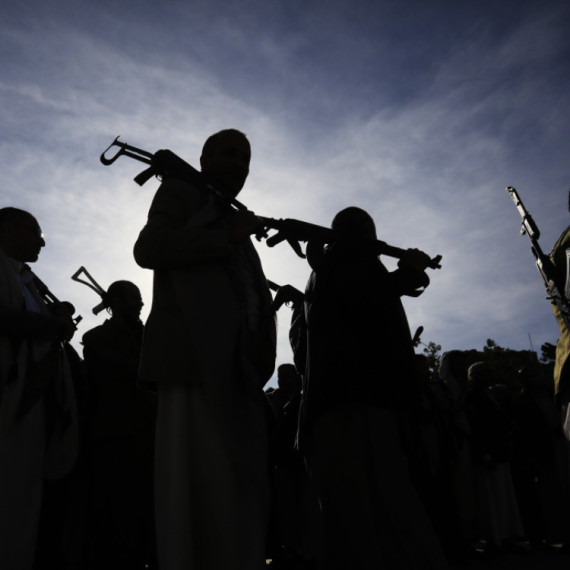

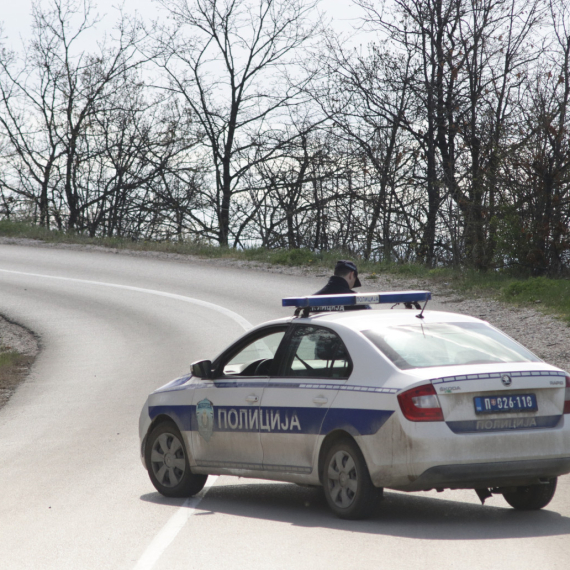
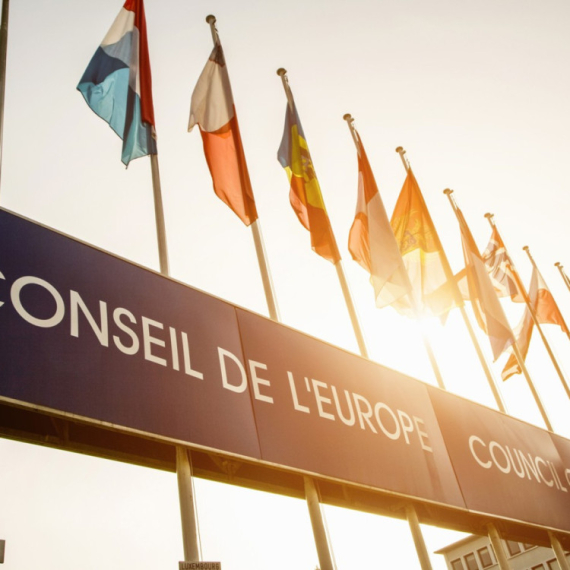








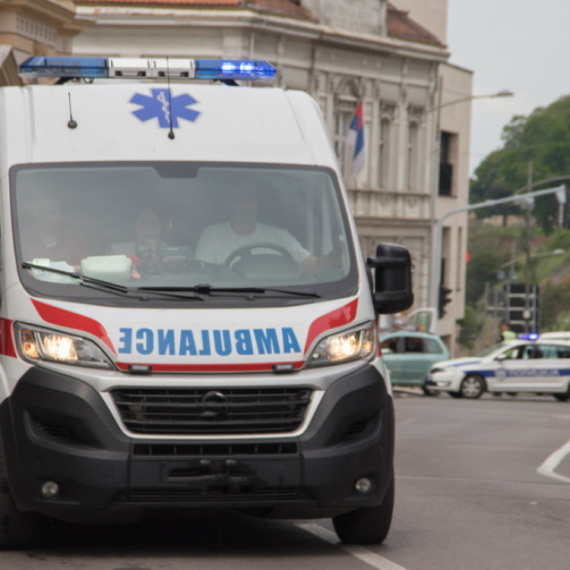

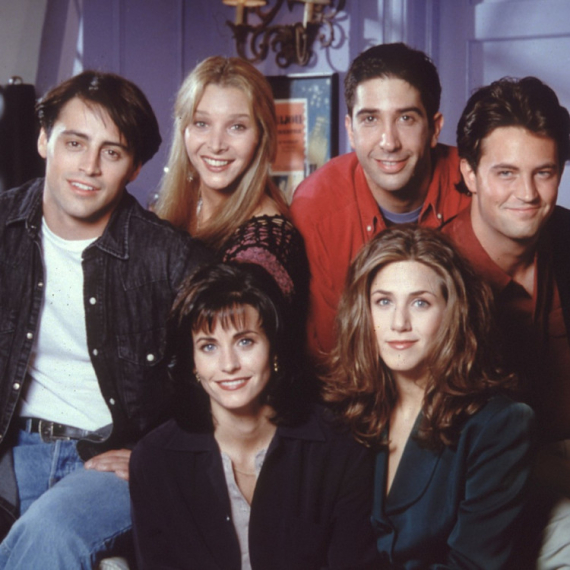
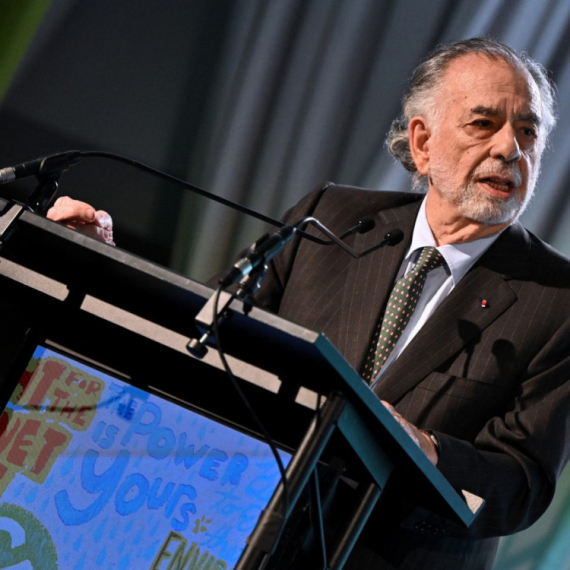
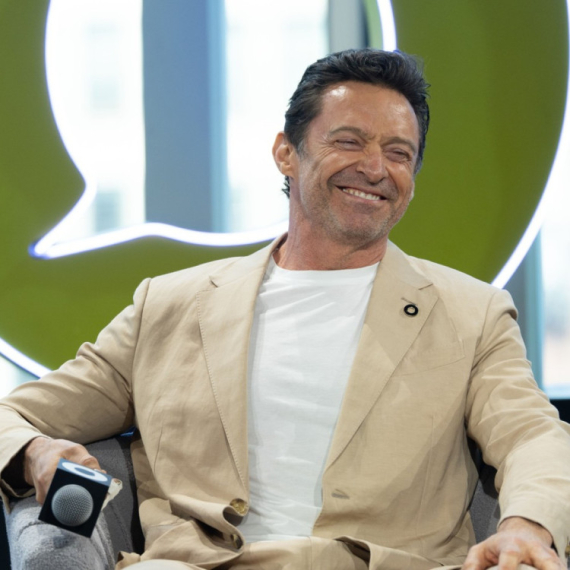








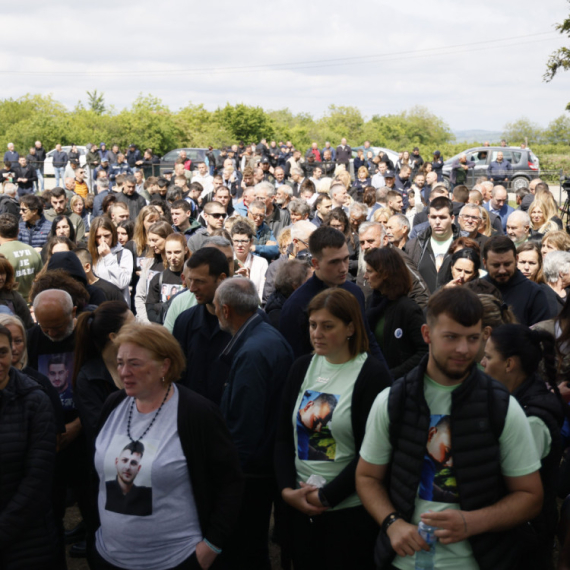
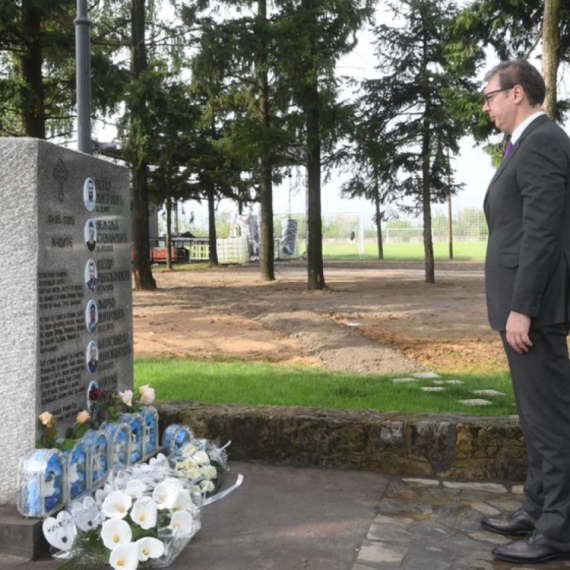
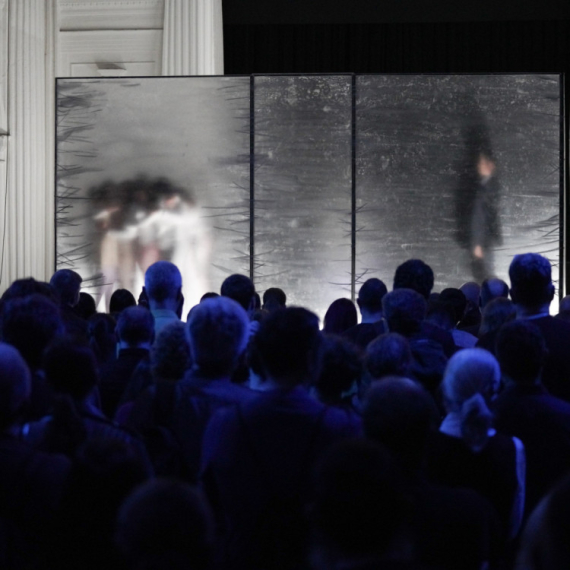
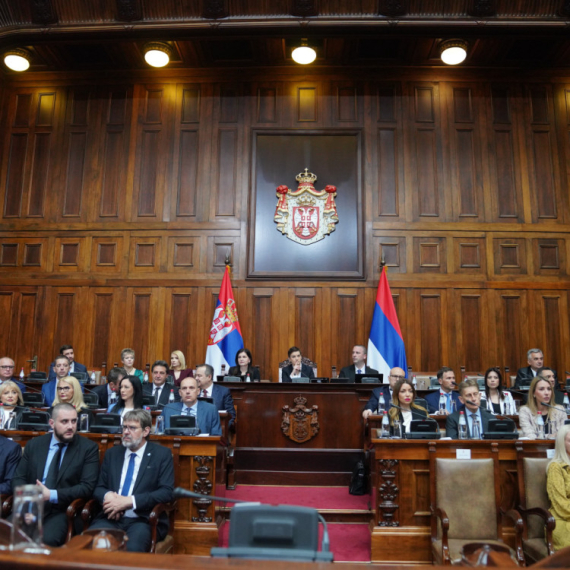



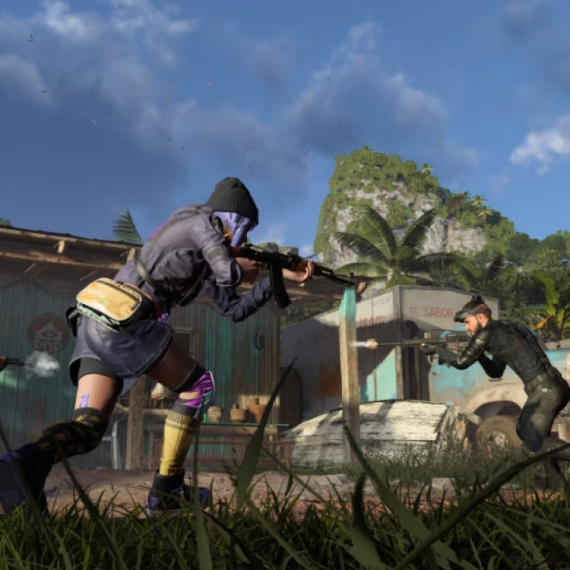




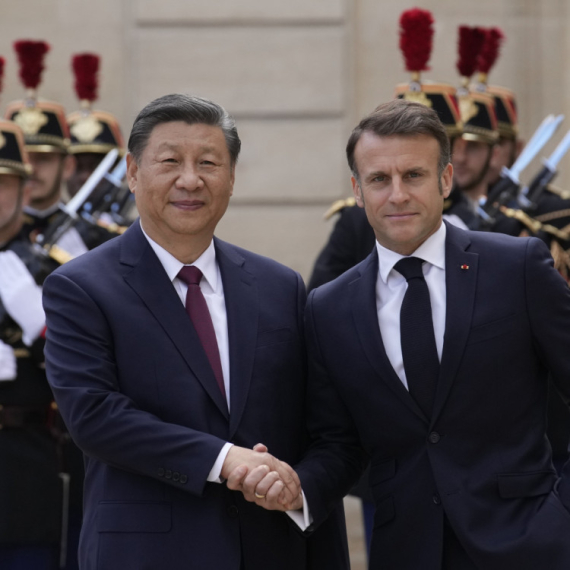


Komentari 11
Pogledaj komentare